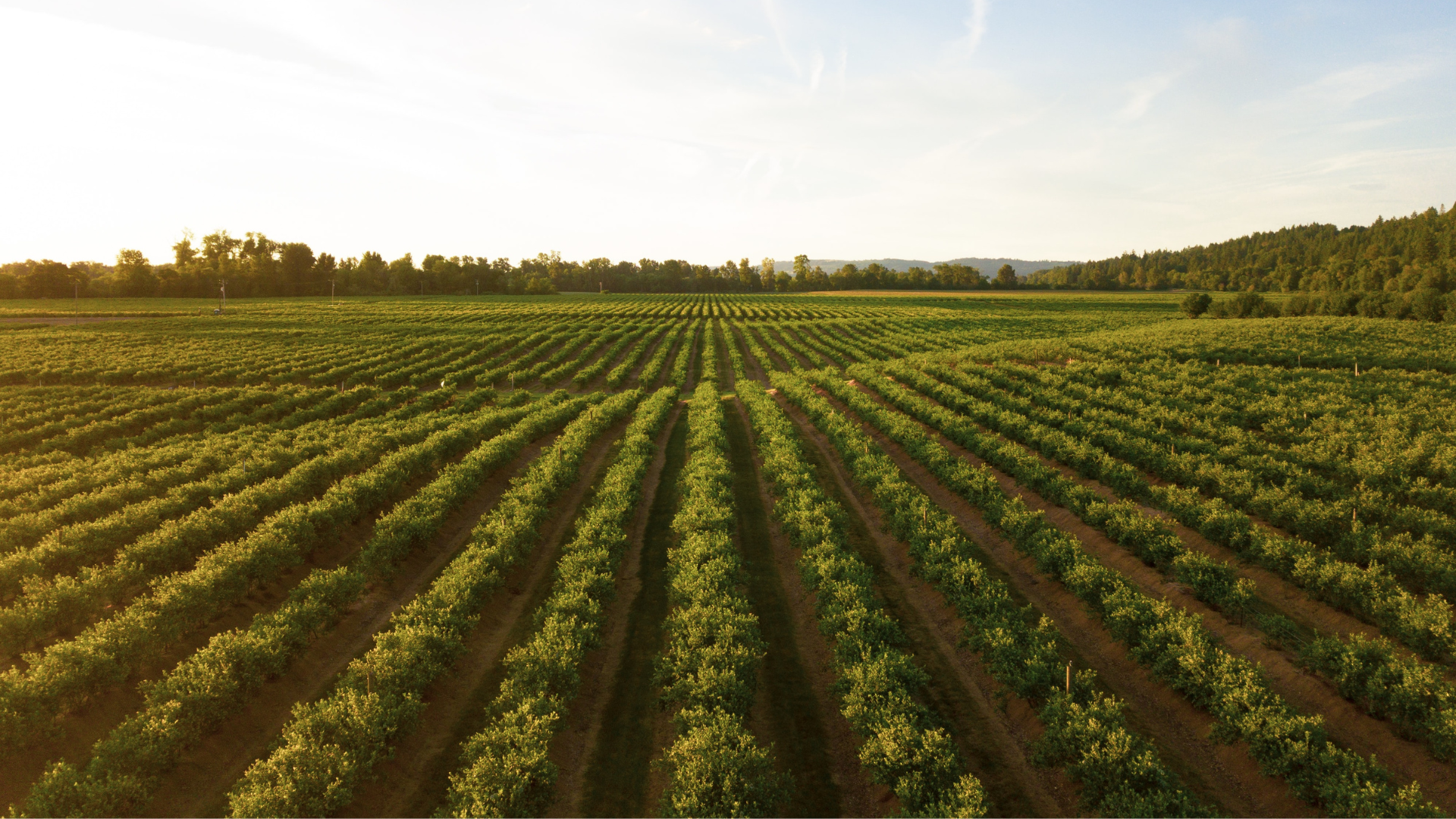As the global energy crisis deepens, solar power is gaining unprecedented importance as a viable alternative solution. Installing solar panels on your property isn't just a way to reduce utility costs; it's also a step toward cutting your carbon footprint and contributing to broader environmental sustainability. If you haven’t come across concepts like solar canals or solar farms yet, don’t worry—they’re quickly becoming mainstream. And if recent trends hold true, we may soon see solar panels and farming merging into a powerful alliance. Thanks to a concept called agrivoltaics, integrating solar energy into agricultural practices is poised to transform the future of farming.  Agrivoltaics combines agriculture and photovoltaics, essentially growing crops beneath solar panels. Nations worldwide, including the UK, have committed to achieving net-zero carbon emissions by 2050, aligning with the Paris Agreement. To achieve this, the UK plans to quintuple its reliance on renewable energy by 2035. This ambitious goal requires innovative approaches, such as using farmland for solar farms without halting crop production. A growing body of research shows that cultivating crops under solar panels can bring significant benefits to both humans and ecosystems.  Setting up an agrivoltaic farm is surprisingly simple. Solar panels are installed slightly elevated to allow enough space for crops to thrive beneath them while ensuring adequate sunlight reaches the ground.  A recent study published in Nature found that growing crops under solar panels resulted in yields two to three times larger than traditional methods. The research, conducted over several years, focused on chiltepin peppers, jalapeños, and cherry tomatoes grown in the shade of PV solar panels. The study examined microclimate conditions—light intensity, air temperature, humidity, solar panel temperature, soil moisture, irrigation water usage, plant physiology, and biomass production. Here’s how combining solar panels and farming proves advantageous: Odd as it sounds, excessive sunlight can harm plants. By providing shade, solar panels reduce water loss and help regulate temperatures. Plants under solar panels experience less stress and grow larger leaves to capture more light for photosynthesis. In the Arizona study, basil and tomatoes flourished, and pepper Capsicum Annuum yielded three times more fruit in an agrivoltaic setup.
Shaded crops require less water due to reduced evaporation. Extreme weather events linked to climate change have wreaked havoc on traditional farming. Solar panels create ideal microclimates by protecting crops from scorching sun and excessive moisture. The balance achieved between heat and humidity fosters healthier crops and reduces water waste.
Solar panels under agrivoltaic systems operate more efficiently. Plants release moisture through transpiration, naturally cooling the panels and preventing overheating—a common issue that reduces solar panel performance. This synergy results in both a thriving crop yield and enhanced energy generation.
Solar farms can also play a role in reversing the decline of pollinators like bees. Planting native species beneath solar panels provides essential habitats and boosts biodiversity. This approach helps counteract habitat destruction, pesticide exposure, and other threats facing pollinators, which are vital for both agriculture and ecosystems. By nurturing pollinators, agrivoltaic farms contribute to healthier ecosystems and more productive agricultural fields. For example, honeybee colonies have plummeted due to habitat loss and pesticides, but solar farms with pollinator-friendly landscaping can offer much-needed refuge to species like the rusty-patched bumblebee and monarch butterfly.  As the world grapples with rising populations, strained economies, and energy shortages, innovations like agrivoltaic farming provide glimmers of hope. These forward-thinking solutions show us that sustainable progress is within reach. If you’re eager to learn more about how you can support the planet, check out our blog for actionable tips—or reach out to us today to explore possibilities! Plastic Dustbin,Large Plastic Dustbin,Plastic Dust Bins,Heavy Duty Plastic Dustbin Jiangsu Ru Shun plastic industry Co., LTD , https://www.rushunsuye.com
What Is Agrivoltaic Farming?
How Does It Work?
Why Combine Solar Panels and Farming?
Reduced Stress, Enhanced Growth
Water Conservation
Boosting Solar Panel Efficiency
Supporting Pollinators